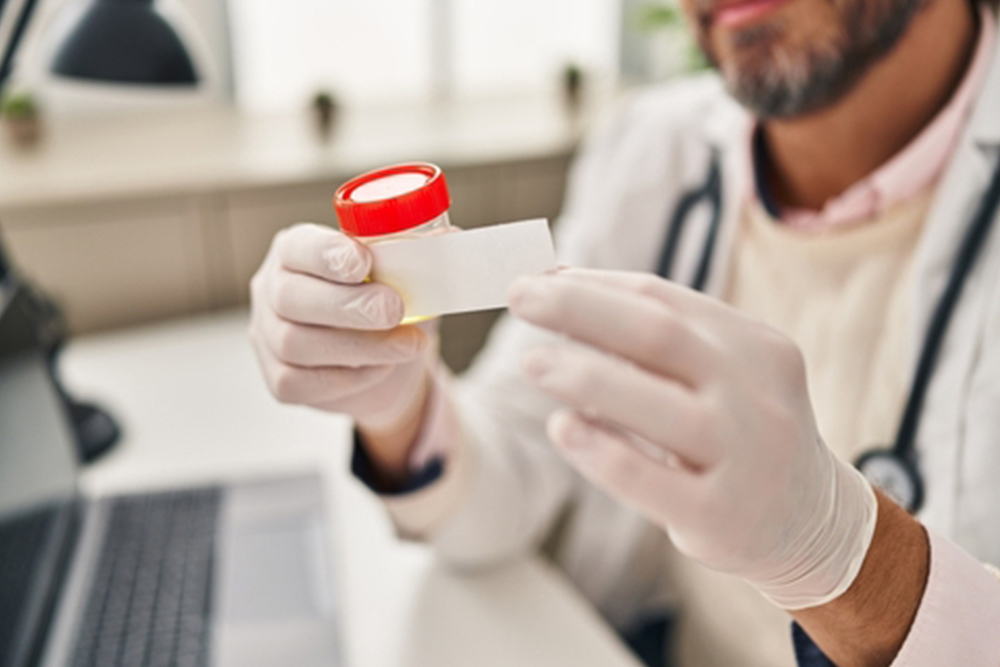Researchers of a large Ontario population–based cohort of 568,053 singleton births (2012–2021) examined whether infertility status predicted later systemic autoimmune rheumatic disease (SARD) among 465,078 women without pre-existing SARD. Compared with women who conceived without infertility, SARD incidence was higher after infertility without treatment (12.5 vs 9.3 per 10,000 person-years) but similar after non-invasive or invasive fertility treatment (both 10.9 per 10,000 person-years). Participants were 18 to 50 years old, stratified into four conception/infertility categories, and followed a median of 6.5 years.
After adjustment for sociodemographics, comorbidities, smoking, and adverse pregnancy outcomes, untreated infertility was associated with increased SARD risk (controlled direct effect HR 1.25), whereas risks were not elevated with non-invasive (HR 1.06) or invasive (HR 0.97) treatments. The authors suggest infertility care as a window to screen for rheumatic symptoms (eg, unexplained fatigue, joint pain, rashes) to enable earlier diagnosis and note a possible “healthy patient” effect among treated groups. Future work should parse infertility causes and biologic pathways linking fertility and autoimmunity. Because this was observational, causality cannot be inferred, but the signal is clinically relevant for postpartum risk stratification and counseling.
Reference: Johnson V. Women Who Give Birth After Infertility Have Elevated Risk of Systemic Rheumatic Disease. HCPLive. Published December 5, 2024. Accessed October 28, 2025. https://www.hcplive.com/view/women-birth-after-infertility-elevated-risk-sard
Link: https://www.hcplive.com/view/women-birth-after-infertility-elevated-risk-sard







